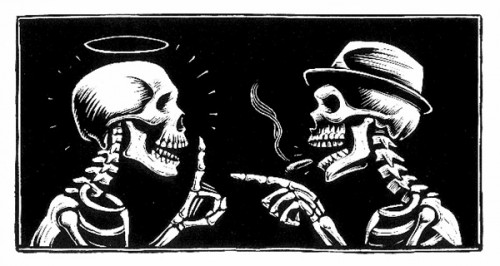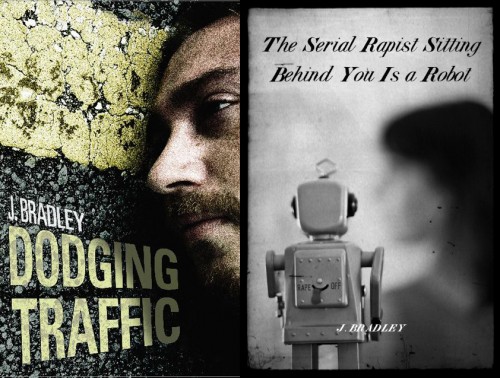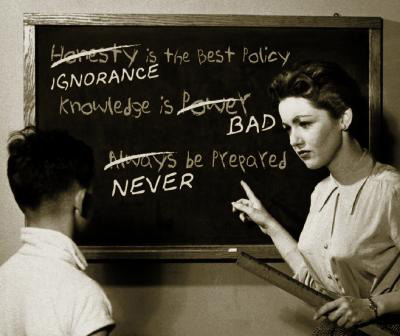
When I was 19, I had a late adolescent identity crisis and proceeded to get seven tattoos on my arms in a very short amount of time. I have no idea what I was thinking. On the underside of each forearm, I got the Japanese kanji for “genius.” Yes, I know, it’s ridiculous, but I was 19 and at 19, we do all sorts of ridiculous things without understanding we’ll have to bear the consequences of those choices in, say, our thirties. The idea of genius is really interesting to me and it’s something I feel I’m always trying to reach for, despite my limitations. As a culture, we are fascinated with the idea of genius. Genius this, genius that. In the public school system they try to ferret out little geniuses by calling them “gifted and talented,” even when sometimes a kid’s only gift and talent is managing to keep up. Bright children who demonstrate an aptitude for math or chemistry are fast tracked so they can become the next Doogie Howser who was a child genius who became a doctor as a teenager. Doogie Howser isn’t real, but it’s a sexy idea that someone is so brilliant they not only achieve greatness, they do so at an extraordinarily young age. The bar for genius is not always high. At the Apple store, when you need your products repaired you go to the Genius Bar where, more often than not, you will encounter someone who is decidedly not a genius. Not all geniuses are created the same. Albert Einstein was a genius. He had theories, all things being relative, and they were sound. He also had wild hair but he was a genius, so that was okay because for geniuses, the rules are a little different. I once helped a friend solve a problem and she shouted, “You’re a genius,” and squeezed my cheeks. I am no Albert Einstein. Most parents think their children are geniuses. They scrutinize their progeny for any sign of prodigious ability and if they can, say, sing or dance with remarkable aptitude, they shuttle them into reality television shows like America’s Got Talent, a show that makes it clear that when we say genius we are not always saying the same thing. My niece is six weeks old and in my family, we’re all fairly convinced she’s a genius because she stares with an unwavering intensity that is, frankly, a little creepy. She makes you look away she stares so hard and once during the fourth week of her life, when we were cooing at her like idiots and she was staring at us like the freaks we are, she said something that sounded like, “Hi” while throwing up a baby power fist. My sister in law and I looked at each other, high-fived and I said, “Baby genius, obviously.”
READ MORE >







